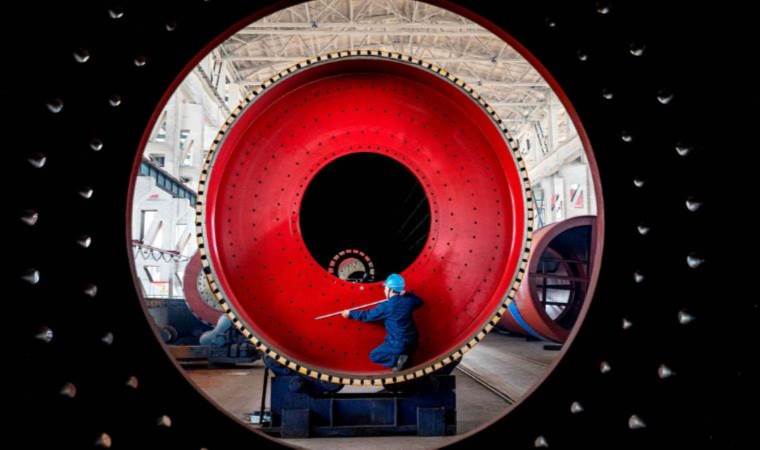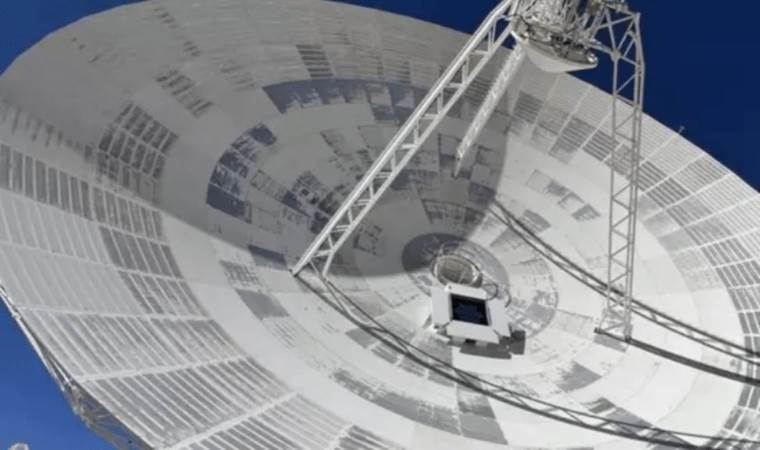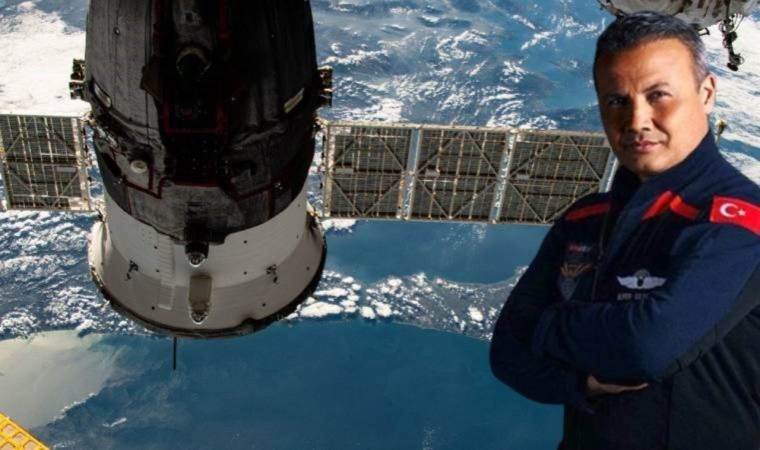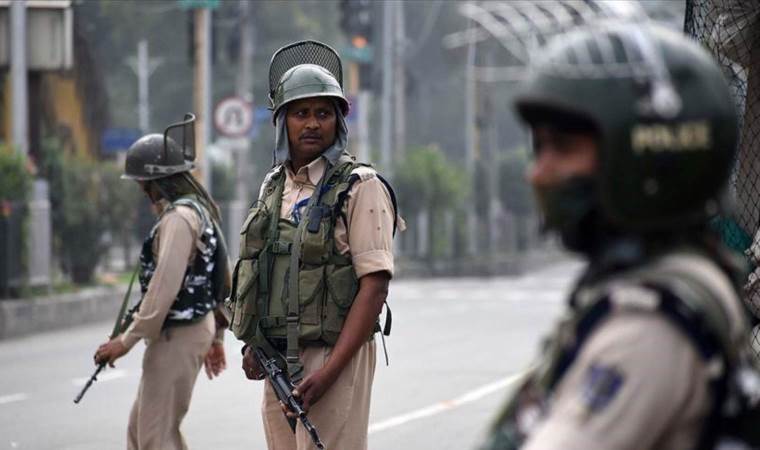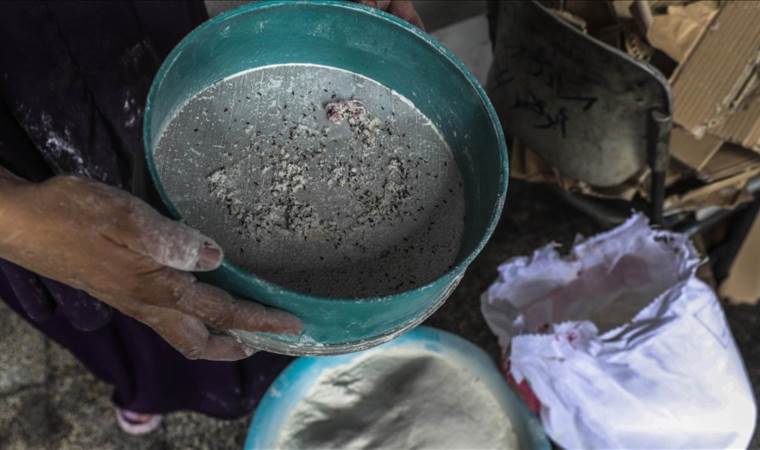China sends astronauts to Chinese space station for six-month stay
China on Thursday sent three astronauts to its permanently inhabited space station for a six-month stay, in a regular rotation of Chinese astronauts onboard the "Tiangong" orbiting high above the Earth's atmosphere.
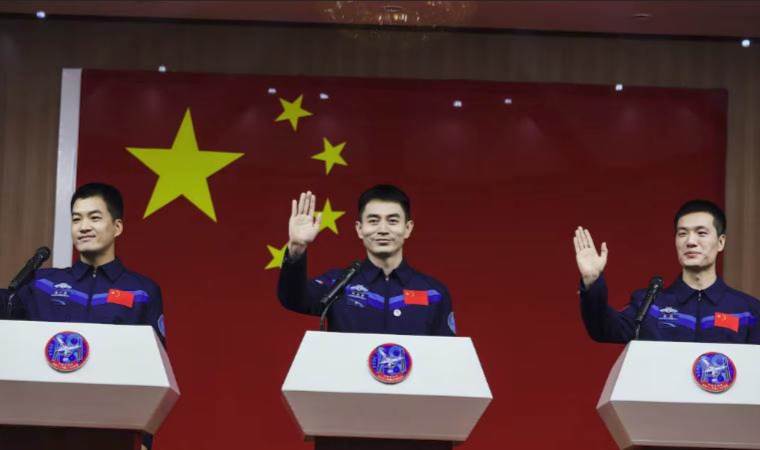
The spacecraft Shenzhou-18, or "Divine Vessel", and its three passengers lifted off atop a Long March-2F rocket from the Jiuquan Satellite Launch Centre in northwest China at 8:58 p.m. (1258 GMT), according to state media.
Leading the six-month mission was 43-year-old Ye Guangfu, who last went to Tiangong, or "Heavenly Palace" in Chinese, in October 2021 in China's second crewed mission to the station.
Accompanying him this time were Li Cong, 34, and Li Guangsu, 36, both in space for the first time and hailing from the latest batch of astronauts on China's spaceflight programme.
The three men were all former air force pilots.
Completed in late 2022, Tiangong can house a maximum of three astronauts for months at an orbital altitude of up to 450 km (280 miles). It has a designed operational lifespan of at least 15 years.
China has been launching two crewed missions to Tiangong per year since 2021 when construction of the outpost began, with the Shenzhou-18 being the seventh.
Each crew has stayed for around six months, conducting space walks as well as scientific experiments inside the station's low-gravity environment.
Tiangong has become an emblem of China's confidence in its space endeavours after being shut out of the NASA-led International Space Station for decades. China is banned by U.S. law from any collaboration, direct or indirect, with NASA.
Shenzhou-18 marks China's 13th crewed mission to space since Yang Liwei's solo spaceflight in October 2003. Yang was the first Chinese national ever to reach space.
Most Read News
-
 India detains 175 in Kashmir after deadly attack as tens
India detains 175 in Kashmir after deadly attack as tens
-
 Trump says he is unaware of arrest of Turkish student, s
Trump says he is unaware of arrest of Turkish student, s
-
 Syria says artillery shells fired from Lebanon hit army
Syria says artillery shells fired from Lebanon hit army
-
 US to spend $946B through 2034 to maintain, modernize nu
US to spend $946B through 2034 to maintain, modernize nu
-
 Russia says latest round of talks between Putin, US envo
Russia says latest round of talks between Putin, US envo
-
 Kyiv's position on Russian-controlled territories in Ukr
Kyiv's position on Russian-controlled territories in Ukr
-
 9 killed after car plows into Vancouver street festival
9 killed after car plows into Vancouver street festival
-
 Russia announces complete liberation of Kursk region fro
Russia announces complete liberation of Kursk region fro
-
 Hunger deepens in besieged Gaza as food supplies run out
Hunger deepens in besieged Gaza as food supplies run out
-
 Death toll from explosion at southern Iran port rises to
Death toll from explosion at southern Iran port rises to
